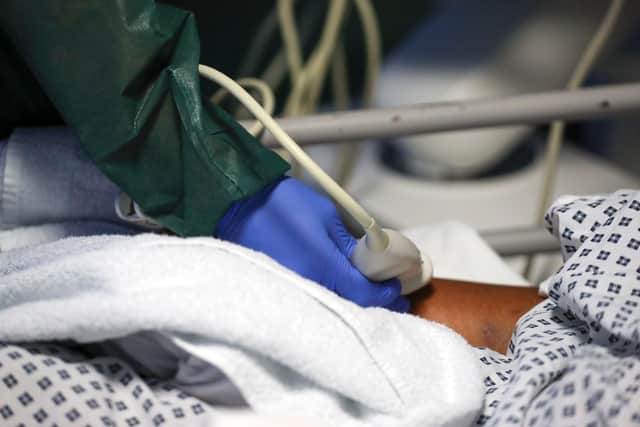Skin cancer patients facing 'unacceptable' waits across West Yorkshire, Mid Yorkshire NHS Trust says
and live on Freeview channel 276
A spike in referrals from GPs and a shortage of capacity within the NHS has led to "unacceptable" delays, the Mid Yorkshire Hospitals Trust said.
Guidelines say people suspected of having cancer should be seen by a specialist within a fortnight of being referred to by their GP.
Advertisement
Hide AdAdvertisement
Hide AdBut in Wakefield and Dewsbury, the areas covered by the trust, those with suspected skin cancer are facing average waits of around 16 days.


Speaking at a health scrutiny meeting in Wakefield on Thursday, Kay Duxbury, from the Mid Yorkshire Trust said: "Cancer performance is lower than we'd expect, particularly for referrals for skin cancer.
"Normally we'd see around 400 to 450 referrals in a month.
"In June we had 666 referrals - 50 per cent than we'd have normally.
"That carried on through June, July, August and September.
"It's a similar position across West Yorkshire. We're not an outlier by any stretch of the imagaination.
Advertisement
Hide AdAdvertisement
Hide Ad"It's obviously a concern. Skin cancer patients' first appointment is currently at about 16 days (after referral), on average.
"It's really not acceptable."
Ms Duxbury said the trust had brought in an extra consultant to help improve capacity within the service, to address the problem.
She also said the local NHS was trying to get to grips with "patterns" in the referral numbers.
Cancer treatment across the health service has been badly affected by the pandemic, with patients frequently facing lengthy waits to receive results, as well as treatment.
Local Democracy Reporting Service